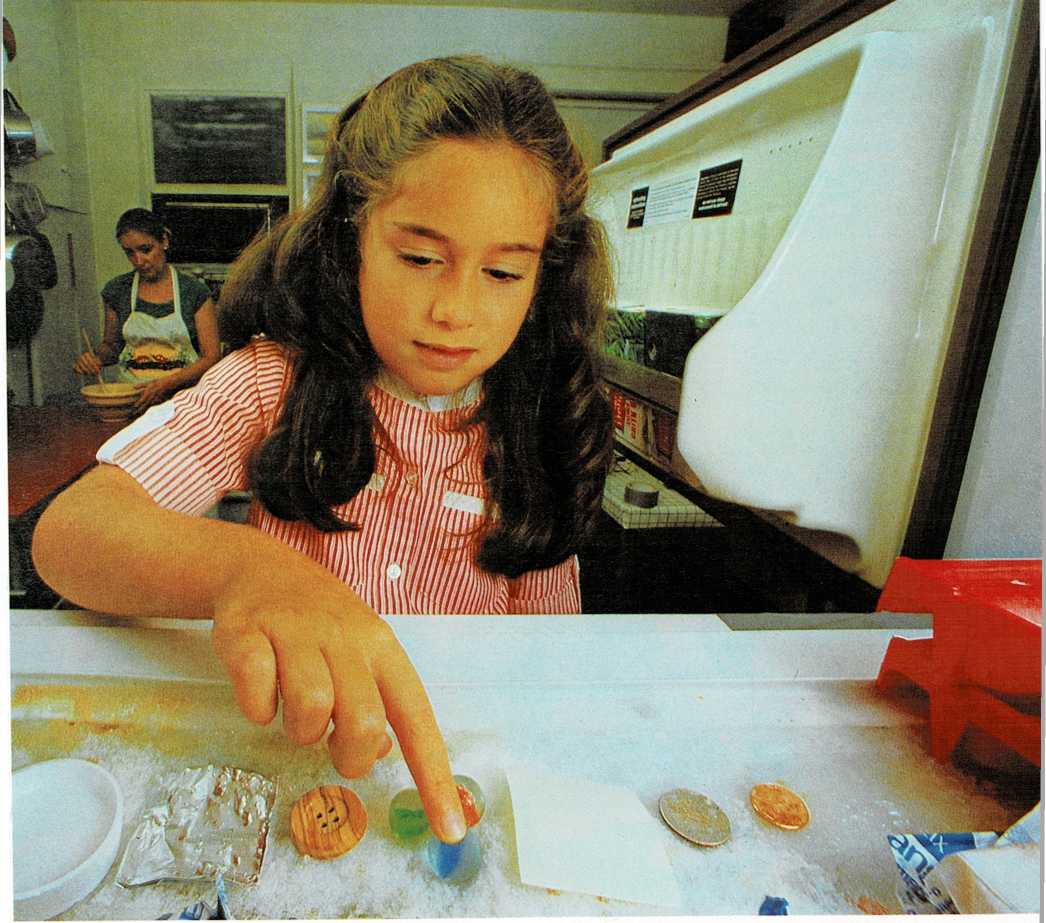Motor abilities and development
Keep in mind that no child can perform a task until the part of the
nervous system responsible for its performance is sufficiently
developed. Pushing children beyond their physical and mental capacities
only frustrates both parents and children. Every new activity toddlers
perform indicates that nerves and muscles have developed sufficiently to
allow them to perform it. They must acquire the ability for task A
before going to task B. Toddlers sit before they stand. They stand
before they walk. They walk before they run.
The age at which children are able to perform specific tasks is largely
determined by heredity. But it is also influenced by such variables as
environmental encouragement, nutrition, sickness, availability of toys,
and the time to practice.
Yet even though each child is different, children master abilities at
fairly predictable times and in a fairly predictable order. Average
18-month-old toddlers generally can eat without help, drink from a cup,
use a spoon, use 15 to 25 words accurately, walk well, stack a few
blocks, and pretend to do housework. At 2, toddlers run well, throw a
ball, jump in place, scribble, turn pages, combine a few words, listen
to stories, and know their first name. Toilet training may begin. (For
more information, see [Toilet training] in Common Concerns.)
At 3, toddlers walk up stairs alternating feet, ride a tricycle, copy a
circle and a cross, and know their age and full name.

